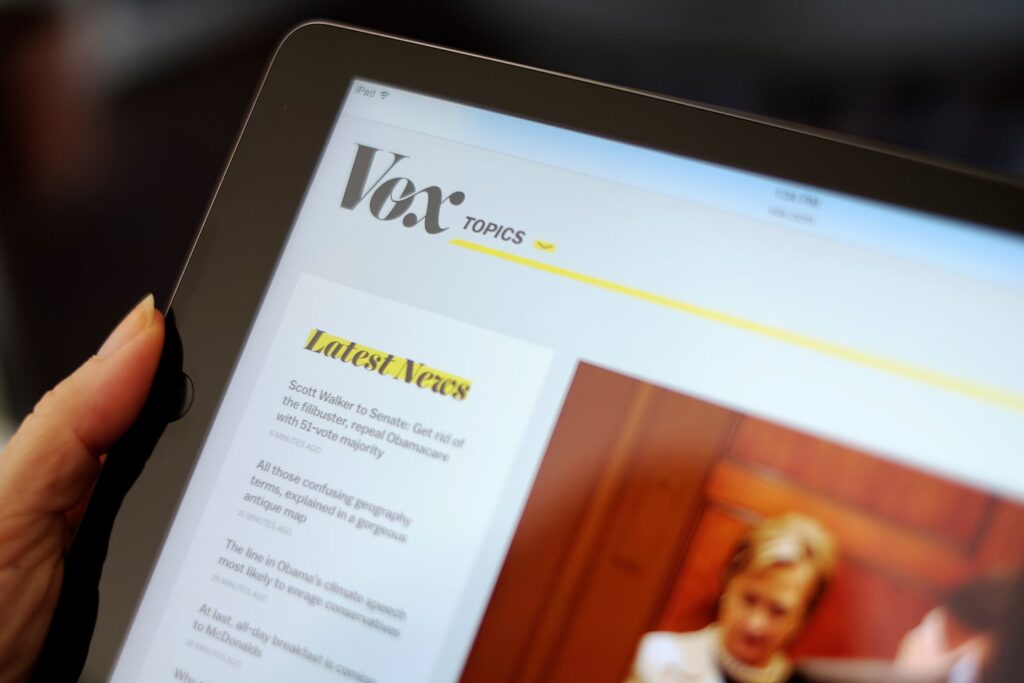As more people use OpenAI's ChatGPT and other chatbots to seek information, AI companies are looking for ways to bring current, useful, and accurate information into their products. AI models still often produce misinformation, so relying on third-party news content is one way to make AI answers more trustworthy.
Meanwhile, news organizations worry that more people will use AI to get their news, drawing traffic and subscribers away from their websites and further damaging businesses already shaken by the rise of social media.
“We believe that search powered by AI models will become one of the fundamental ways people browse the web in the future,” The Atlantic CEO Nicholas Thompson said in a statement on the magazine's website.
Get caught up in
Summarised stories to keep you up to date
But not everyone in publishing agrees: The deal represents a major divide within the journalism and publishing industries, with some organizations suing OpenAI for using their content to train AI algorithms without compensation, and others selling breaking news content to AI companies to get a cut of growing AI revenues.
Several news organizations, including The New York Times and several newspapers owned by investment fund Alden Global Capital, have sued OpenAI for using their copyrighted works to train its AI algorithms, joining a group of writers, artists and musicians fighting what they see as a wave of massive theft by tech companies.
OpenAI and others Tech companies like Google and Meta have scraped large swaths of the web to train the AI models that power their chatbots, without payment or permission, and all argue that their training with scraped data is legal under fair use, a concept in copyright law that allows for the reuse of material if it is significantly altered.
But OpenAI also needs access to fresh content from news sites' paid content to pitch its chatbot as the newest and most helpful, and these content deals help the company do just that. Soon, when users ask ChatGPT for news updates, they will see headlines, article sections, and links from partnered news sites. company.
Less than a week after the deal was signed, The Atlantic published an opinion piece by Jessica Lessin, a longtime technology journalist and founder of the tech news site The Information, in which she argued that the news organization was ignorant of the deal with OpenAI.
“For as long as I've been reporting on internet companies, I've watched newsreaders try to bend their businesses to the will of Apple, Google and Meta,” Lessin wrote. “It never works out as planned.”


